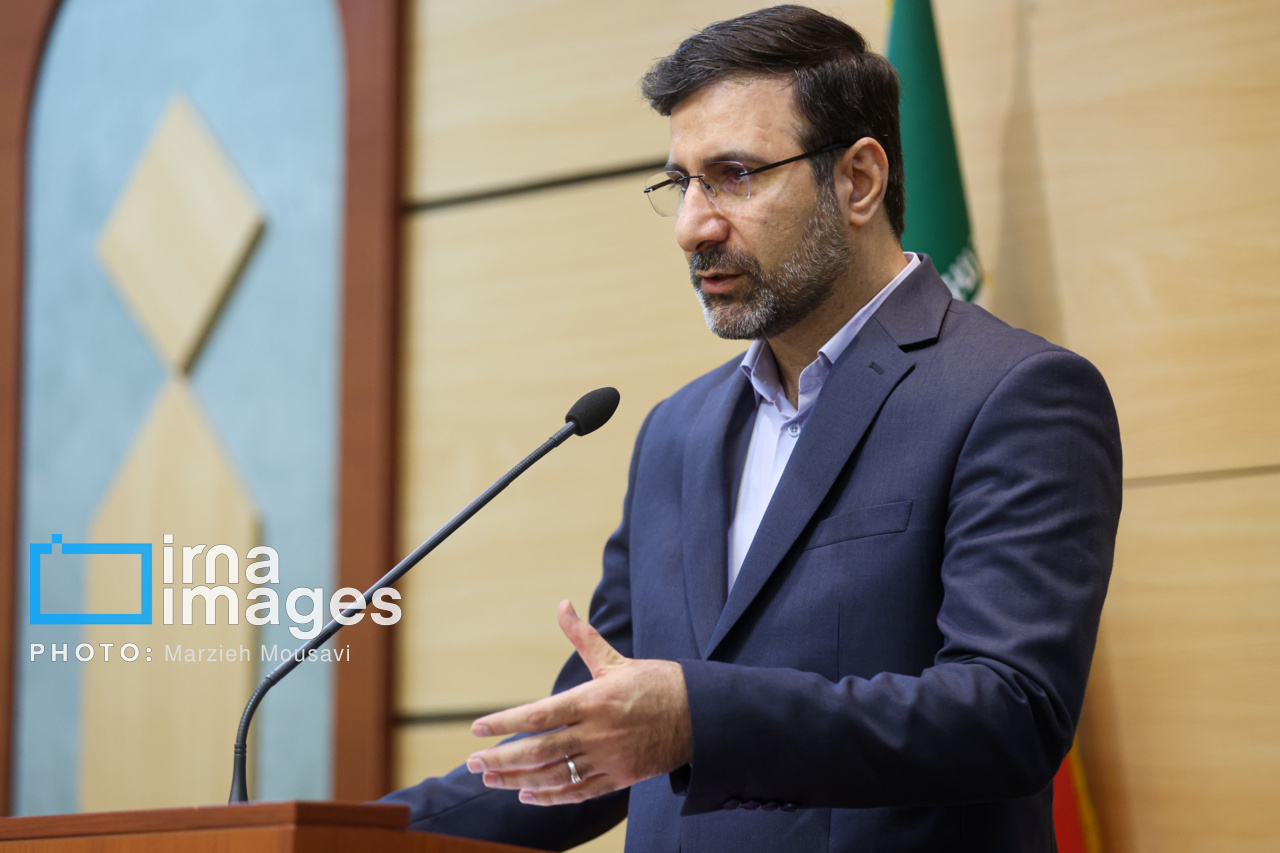
Similar Posts
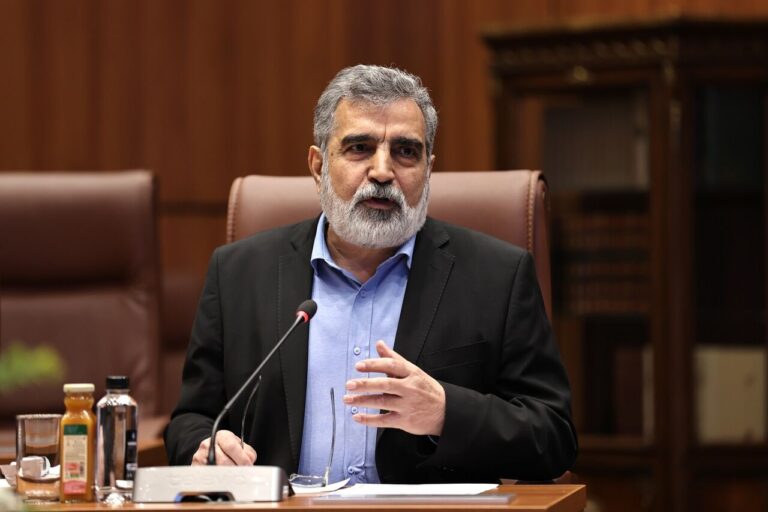
Beyond Iran: Other Nations Enriching Uranium Without Nuclear Weapons, Says Official
An Iranian nuclear official recently challenged the notion that uranium enrichment is exclusive to countries with nuclear weapons programs. Behrouz Kamalvandi, from Iran’s Atomic Energy Organization, countered U.S. Secretary of State Marco Rubio’s comments, asserting that many nations, including Belgium, the Netherlands, South Korea, Japan, Argentina, and Germany, enrich uranium without possessing nuclear arms. He urged U.S. officials to conduct better research on such topics, emphasizing the need for accurate information in international discussions. This statement underscores Iran’s effort to clarify misconceptions about its nuclear activities and promote a better understanding of global enrichment practices.
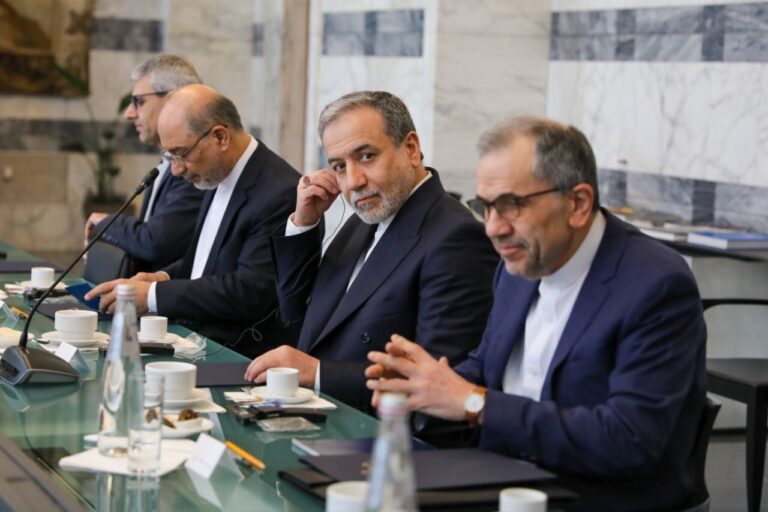
Breakthrough in Muscat: Iran and U.S. Engage in Serious Third Round of Talks
Iran and the U.S. have concluded a third round of indirect negotiations in Oman regarding Iran’s nuclear program and sanctions. Led by Iranian Foreign Minister Abbas Araqchi and U.S. envoy Steve Witkoff, the talks, facilitated by Omani mediators, followed a constructive second round in Rome. Araqchi noted a positive atmosphere and serious engagement, with detailed discussions and written exchanges reflecting both parties’ commitment. Future meetings are planned, with teams returning to their capitals for evaluation. Araqchi expressed cautious optimism about the negotiations, highlighting their potential to reshape international relations concerning Iran’s nuclear ambitions.
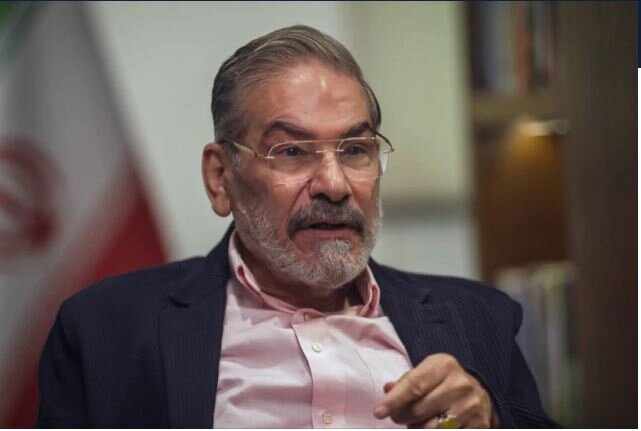
Iran Willing to Strike Nuclear Deal in Exchange for Sanction Relief: A Diplomatic Breakthrough
Ali Shamkhani, a key adviser to Iran’s Ayatollah Khamenei, discussed Iran’s nuclear program negotiations with the U.S., highlighting Iran’s readiness to commit to several measures in exchange for the lifting of sanctions. These include forgoing nuclear weapons development, disposing of highly enriched uranium, limiting enrichment to civilian levels, and allowing international oversight. Shamkhani expressed optimism for improved relations if the U.S. adheres to its promises. However, he criticized President Trump’s approach, suggesting it lacks sincerity. The talks, described as “encouraging” by U.S. envoy Steve Witkoff, are complex, with Iran maintaining a firm stance on its nuclear capabilities.
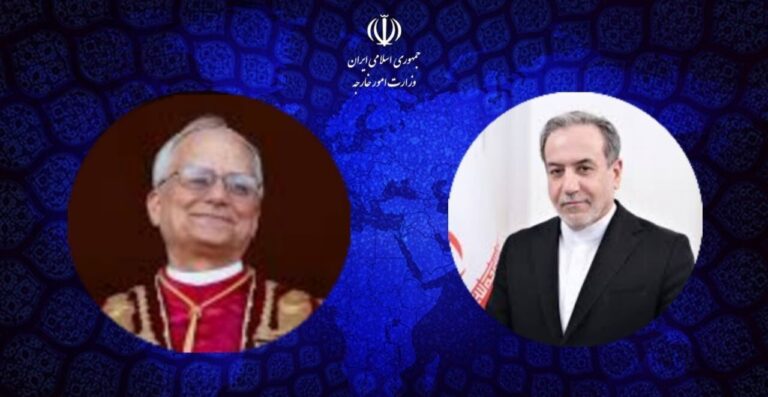
Iran Extends Warm Wishes to Newly Elected Pope: A Historic Gesture of Diplomacy
Tehran’s Foreign Minister Abbas Araqchi congratulated newly-elected Pope Leo XIV, expressing hope that the pontiff will promote religious values to foster justice, peace, and dialogue amid global conflict. Araqchi’s message followed the election of Cardinal Robert Prevost as the 267th leader of the Roman Catholic Church. He highlighted the election as a beacon of hope to combat injustice, poverty, and war. The 69-year-old Chicago native is the first American pope, having previously served in Latin America, including a decade in Peru. He succeeds Pope Francis, who passed away at 88 after health complications.
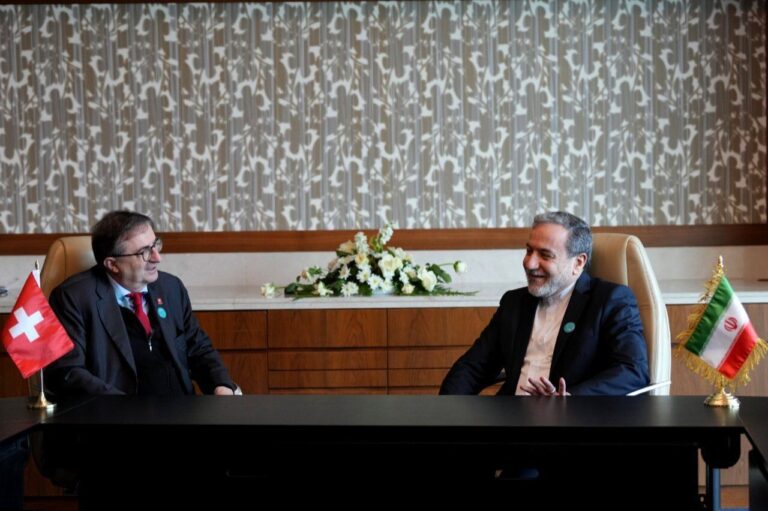
Iran Stands Firm Against Threats: Foreign Minister Araghchi Declares Zero Tolerance for Pressure
Iran’s Foreign Minister Abbas Araghchi reaffirmed the country’s commitment to negotiations with Britain, Germany, and France, while rejecting any dialogue under threats or pressure. Meeting with Swiss Special Envoy Wolfgang Amadeus Bruelhart at the 8th Indian Ocean Conference, Araghchi noted three rounds of discussions and emphasized Iran’s resistance to coercion, declaring that the “maximum pressure” policy will fail. He also praised the positive relations with Switzerland, which provides consular services for U.S. citizens in Iran, and welcomed future political consultations. Bruelhart expressed support for Iran’s role in regional stability and eagerness for ongoing negotiations.
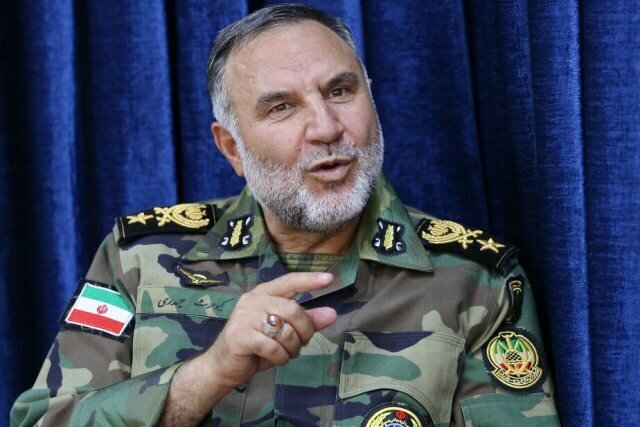
Iran’s Military Unveils ‘Ultra-Secret’ AI-Powered Weapons: A Game Changer in Warfare
The Iranian military is enhancing its defense capabilities, showcasing advanced systems that integrate artificial intelligence. Brigadier General Kioumars Heidari highlighted the evolution of Iran’s weaponry during an interview, noting the military’s transition from traditional to modern, mobile forces capable of rapid deployment and flexible strategies. He emphasized the establishment of ten divisions along critical borders for intelligence gathering and security. Additionally, Heidari addressed the need for cyber defense, announcing specialized divisions for countering cyber threats. President Masoud Pezeshkian praised the Armed Forces for their strength, asserting Iran’s status as a dominant power in the West Asia region.